Trying to get Roxanne Davur to speak uninterrupted for 30 seconds is quite difficult, as a cacophony of animals in the background often breaks out.
“It is always noisy when breakfast is being served on the farm,” chuckles Roxanne, who runs Probably Paradise, which is situated 11 km outside Karjat, Maharashtra.
She laments how she is often asked, ‘Why is the name Probably Paradise for an animal shelter?’ “You have to be dead to go to paradise, so that’s why this is Probably Paradise,” she replies.
The 1.5-acre farm in Karjat houses 431 animals today, including 250 dogs, 162 cats, eight ponies, seven donkeys, two horses, one pig and one cow. The 75-year-old lists out the numbers from a roster sheet that is updated every month. Most of these rescues are from Mumbai and Pune, where they were injured, abandoned or fell chronically ill. This shelter home for unwanted animals has the unique purpose of giving them a ‘dignified place to die’.
“They are all residents, not pets,” asserts the Master Trainer in Animal Welfare.
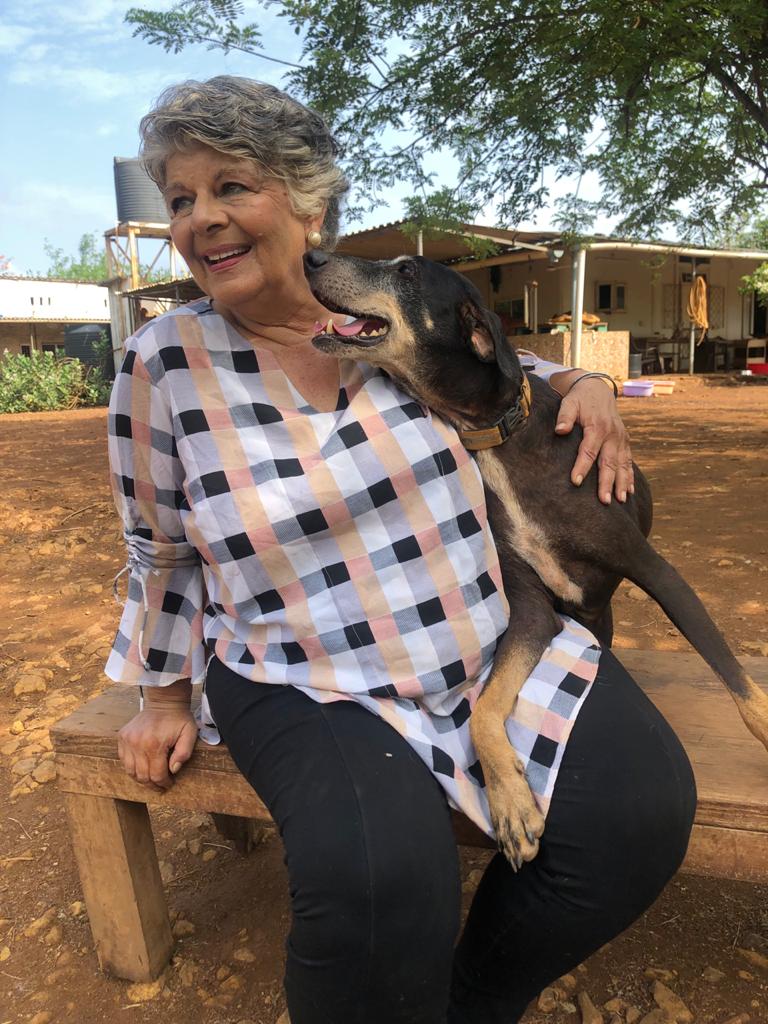
Life on the farm starts early when this septuagenarian, dressed in floral motifs and her short hair neatly combed, wakes up in the wee hours of the morning to get the herd ready for the day. “The staff come at 8 am, then we have feedings, medication, and we tend to emergencies throughout the day that even extend into nightfall,” says the 75-year-old.
“Just last night, someone brought in an injured dog, which will probably stay here. Our gates are open so the animals can come and go as they please. We also allow visitors but only during reasonable daylight hours.”
Their daily routine also includes preparing tonnes of food, medications, buying vegetables — and one wonders how many hours in a day does Roxanne have?
But her journey with rescues begins when she was a young girl watching her hardworking father, Murzdan Davur, find time to bring home injured and wounded animals. So, growing up in a typical Parsi household, animals have always been a “way of life” for the Davurs.
Growing Up Around Wild Cats
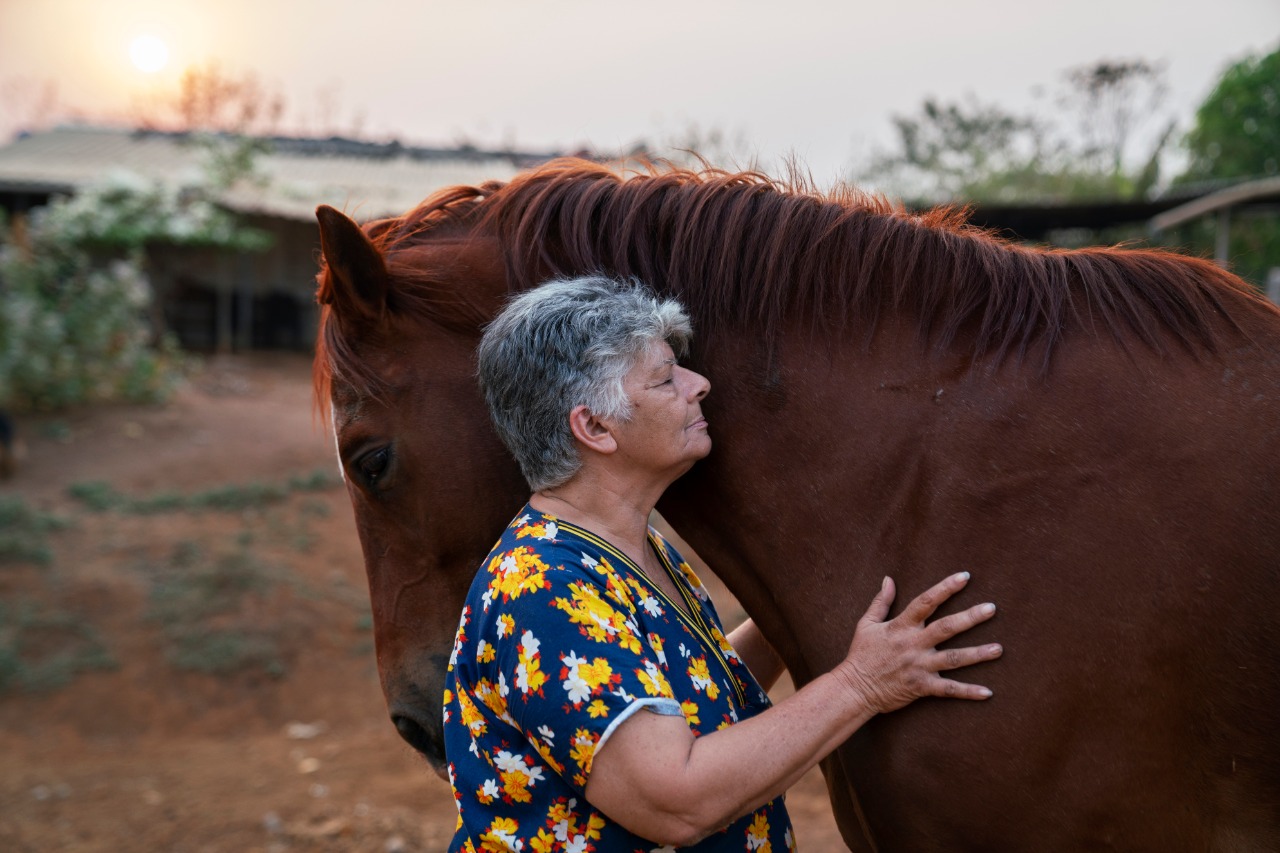
“At first, my dad would bring back street dogs that were abandoned like German Shepherds, Dobermans. At one point, I think my dad had 50 dogs, and my stepmom and I would look after them,” she recalls.
In 1963, the Davurs moved out to Karjat while Roxanne was sent off to boarding school.
“We had a diverse bunch of animals. We rescued hyenas and wild jungle cats too,” says Roxanne.
She grew up to work in the sales and airline industry before finally giving it all up to open ‘Terra Anima Trust’ in Ooty, Tamil Nadu, in 2000.
“My stepmother often said — She is going to end up around animals,” chuckles Roxanne, adding, “I first started with an animal shelter in Ooty for seven years from 2000 till 2008. I was an ‘honorary animal welfare inspector’ for the Nilgiris, appointed by the government, with no salary. I conducted rescue missions there too, when I was in my 50s. But, unfortunately, we had to later close down due to insufficient funds.”
She further adds, “After that, I moved back to Maharashtra and opened my doors to animals on my 1.5-acre family land with Probably Paradise. Back then, people were far more generous in Maharashtra than in the Nilgiris. Plus, I had the land ready, which nobody could chuck me off.”
So, in the Christmas of 2011, Probably Paradise came into being with help from Mumbai-based World For All. Having tied up with the NGO, she is assured that her legacy will not die with her.
By 2016, the shelter had less than 100 dogs, less than half the number of cats they house today, a donkey and five caretakers.
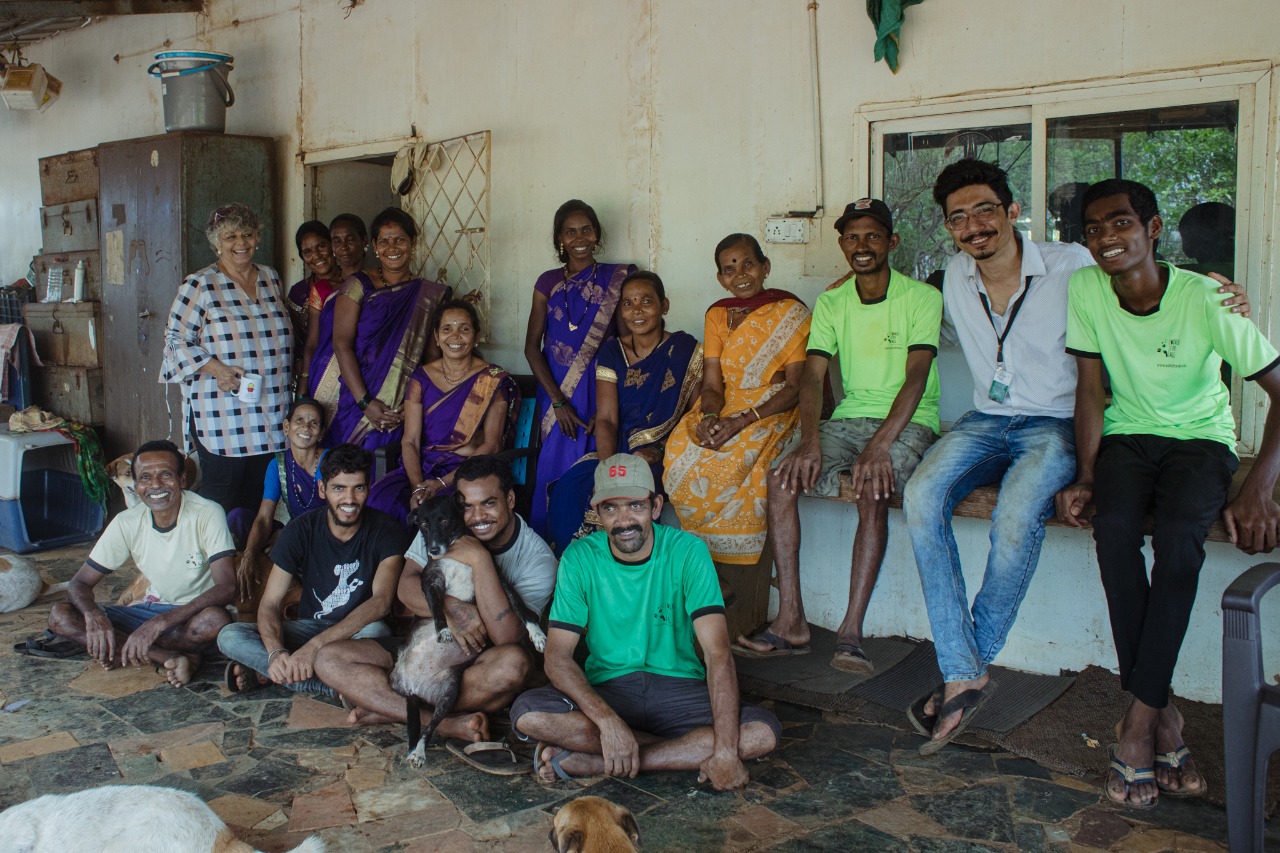
Today, Probably Paradise has 14 staff members, which is still a 60 per cent deficit for the number of animals they house. They also have an on-call vet and an equine dentist. Speaking about their 10-year-journey, she says that they slowly started building the shelter but still have more work to do today, referring to the building of one more cattery and another block of stables.
They also have to redo the medical block, where one veterinarian from Mumbai drives down.
“We cook around 100 kg of chicken waste per day, which is cooked every afternoon to be served the next morning. We use about 30 kg of dried food for dogs and cats. I use premix fodder for the donkeys and the cattle. I have a monthly budget of Rs 4 lakh to Rs 6 lakh for running expenses,” she says.
Asked how she manages running this shelter home, she earnestly says, “I beg.” A brief pause later, she continues, “I am constantly on Facebook; I write grant applications to CSRs [corporate social responsibilities] and hold fundraisers to raise money.”
Animals Are Beautiful People
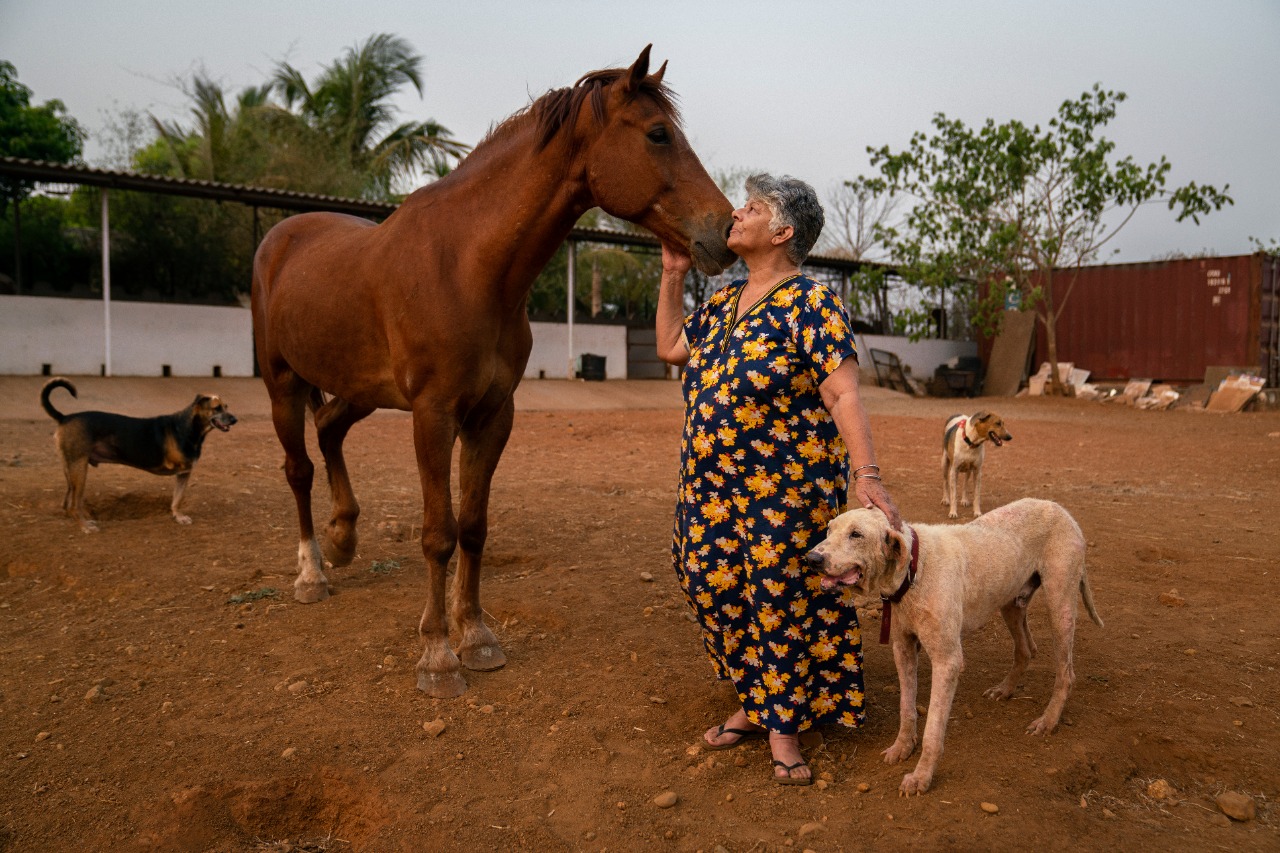
The animal activist encourages people to bring injured animals to her instead of conducting rescue missions herself – which are costly and don’t ensure the animal won’t wander off.
“Sometimes, people leave old animals on the street in the hopes that they will be run down by traffic. Peanut was one of two such ponies that had to be picked up from Matheran — the first one was dead by the time we got there. Peanut’s hoof was run over, and it is still awful, but he is now in treatment, which can take up to six months. So we had to arrange for a tempo to pick him up,” says Roxanne.
Tales from the farm are replete with such stories that often have a tint of droll humour.
“Peru, the dog recently had facial reconstruction surgery because he was hit on the head several times. He has no ears left, but he is a hilarious dog. He is always up to something — trying to steal food. And he always has a happy face,” she says, adding that there are some dogs that you can’t help but smile when you see them.
For dogs, being two-legged or three-legged is not a ‘handicap’, says Roxanne, “They get on with life.”
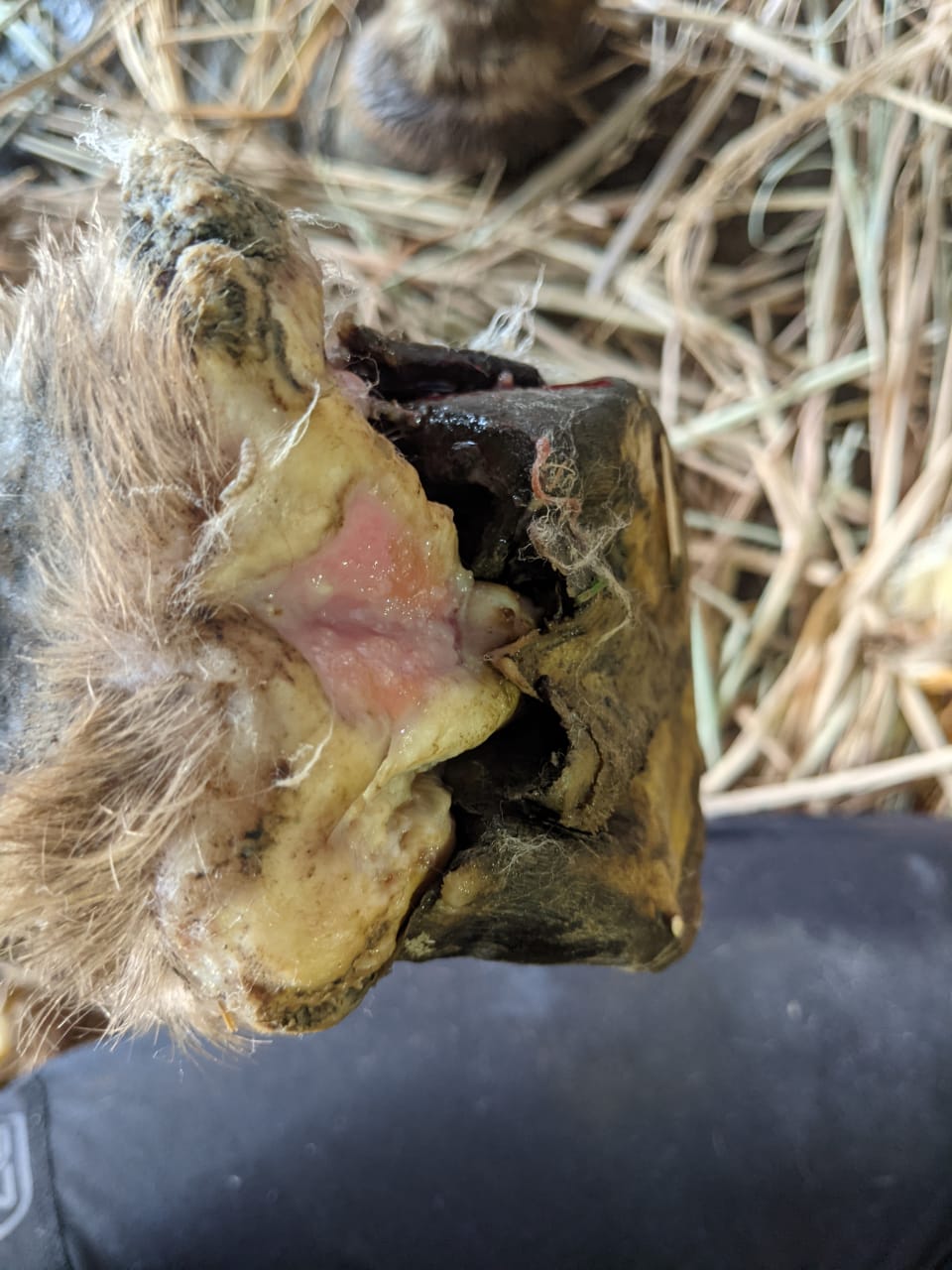
“I have Lalu bhai in front of me, who suffers from dementia. Now, we have more cases of dogs with dementia as street dogs are not being killed off as easily as they were before the 2000s. Lalu trots off somewhere and often stops in his tracks because he forgets why he is going there. It is the same disease that affects humans,” she says.
Speaking of a solution for strays, she vehemently says, “These animals have the legal right to stay on the street and be cared for. We need to teach children that it is not okay to beat/abuse any living being.”
As we conclude our discussions, Roxanne holds the receiver away from her and shouts out a few dog names. Then, with a chuckle, she continues, “A few dogs, who finished their breakfast, were sneaking up on Lalu bhai to steal his food.”
The animals at Probably Paradise are up for adoption, but their wait is often in vain. The 1.5-acre land often falls short for the animals at the shelter, who are quite happy encroaching into Roxanne’s living quarters.
“Once you open your gates to animals, you don’t have to do much — the animals will find their way to you,” she signs off.
If you would like to help Probably Paradise and the work of Roxanne Davur, please click here.
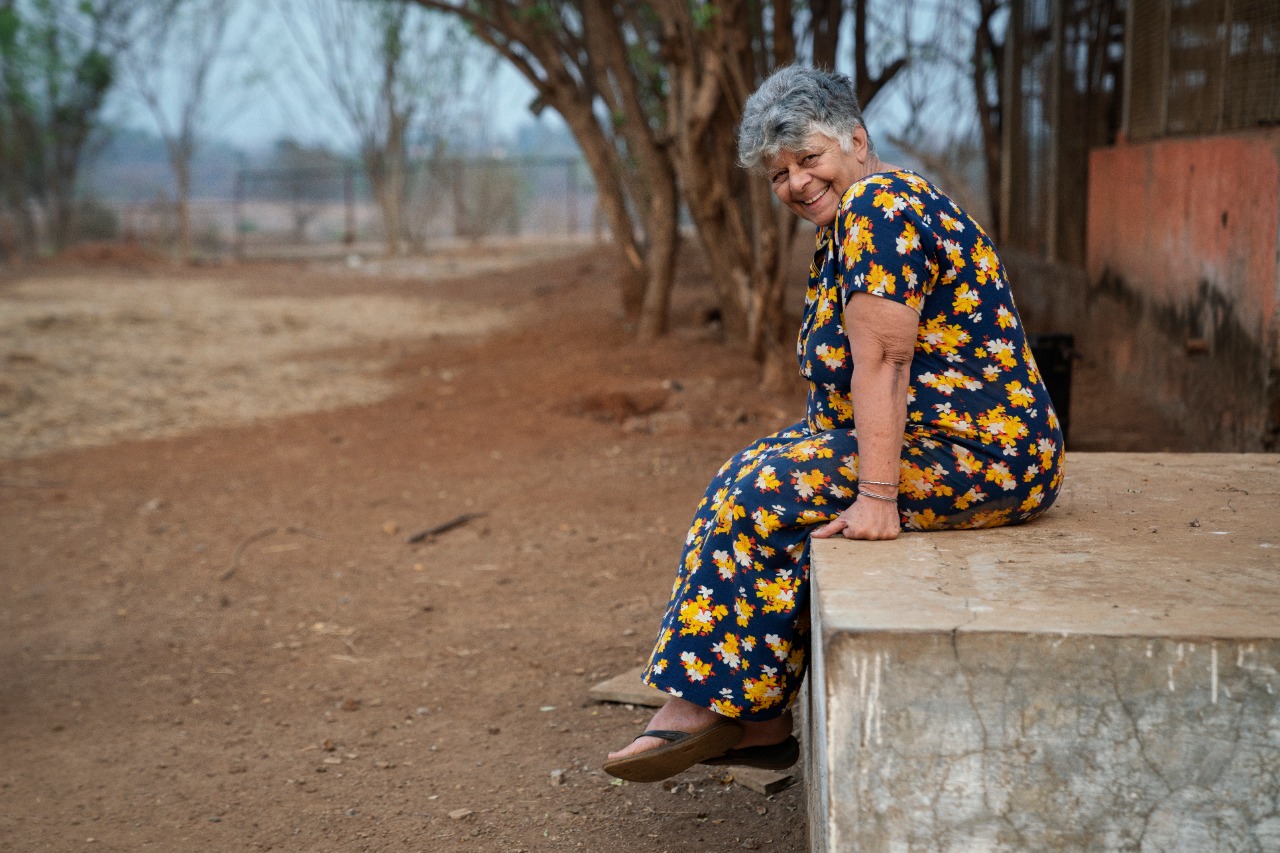
(Edited by Vinayak Hegde)
No comments:
Post a Comment